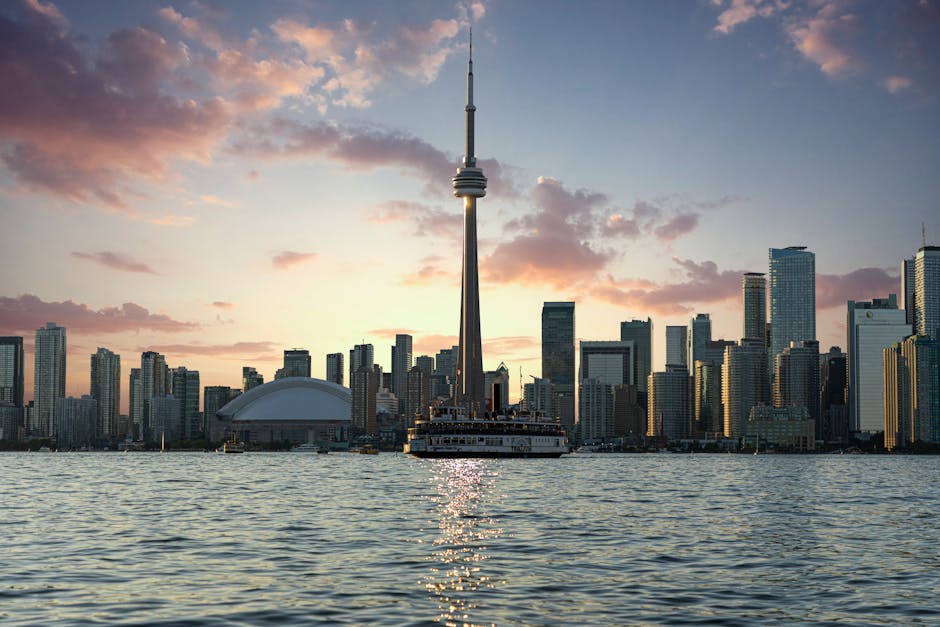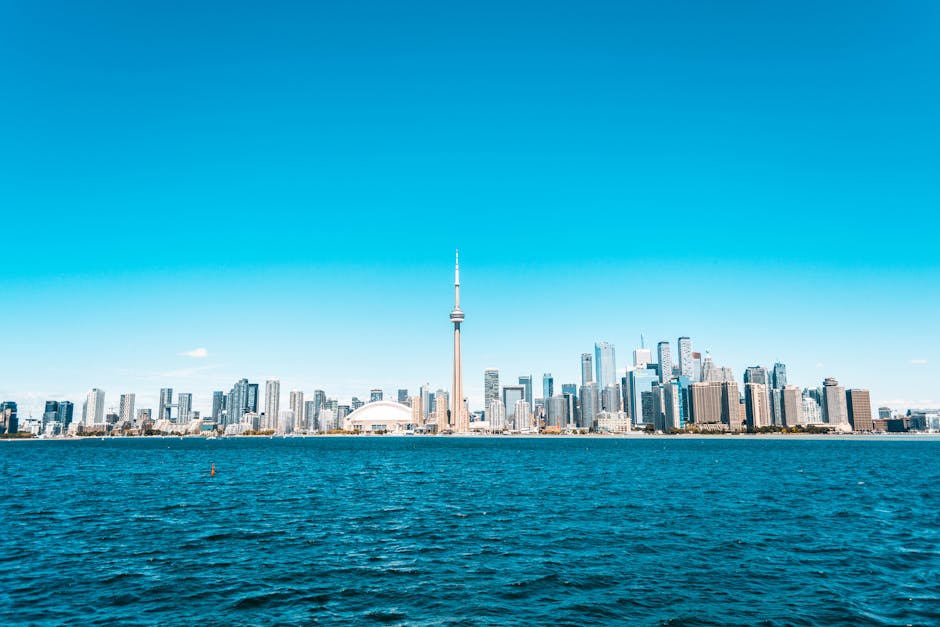
Understanding the cost of commercial pest control is crucial for businesses aiming to maintain a clean and healthy environment. Whether you own a restaurant, warehouse, office building, or any other commercial property, pest infestations can have severe implications on your reputation and operations. But how much is commercial pest control?
The cost of commercial pest control varies based on several factors, including the type of pests, the extent of the infestation, the size of the property, and the frequency of treatments required. For instance, a minor ant problem in a small office will cost significantly less than a widespread rodent infestation in a large warehouse.
Additionally, the type of treatment—whether it’s chemical, biological, or eco-friendly—also plays a role in determining the price. It’s important to consider these factors when budgeting for pest control services. To get a precise estimate tailored to your specific needs, it’s best to consult with professional pest control companies.
At Pestisect Pest Control Inc., we pride ourselves on offering personalized and effective pest control solutions. Contact us at info@pestisect.ca or visit our website at pestisect.ca to get a detailed quote and learn more about our award-winning services.
Factors Influencing Pest Control Pricing

Several factors influence the pricing of commercial pest control services, making it essential to understand what drives these costs. Knowing these factors can help businesses make informed decisions and better budget for pest management.
- Type of Pest: Different pests require different treatments. For example, termite control is typically more expensive than treating for ants or spiders due to the specialized techniques and chemicals required.
- Extent of Infestation: The severity of the infestation significantly impacts the cost. A minor problem can be addressed quickly and inexpensively, whereas a severe infestation may require multiple treatments and extensive labor.
- Property Size: Larger properties require more resources, time, and effort to treat, thus increasing the overall cost. For instance, a large warehouse will be more expensive to treat than a small retail store.
- Treatment Frequency: The need for ongoing maintenance versus a one-time treatment can affect pricing. Regular, scheduled treatments may offer cost savings in the long run by preventing severe infestations.
- Type of Treatment: The methods used for pest control, such as chemical, biological, or eco-friendly treatments, can influence the cost. Eco-friendly options, while beneficial for the environment, may come at a higher price.
- Location: Geographic location can also affect pricing due to varying costs of living, availability of pest control providers, and specific regional pest issues.
By considering these factors, businesses can better understand the costs associated with commercial pest control and choose the most effective and economical solutions for their needs.
Types of Commercial Pest Control Services
Commercial pest control services are tailored to address the unique challenges of different industries and environments. Understanding the various types of services available can help businesses select the most appropriate solutions for their specific needs.
- General Pest Control: This service targets common pests such as ants, cockroaches, spiders, and rodents. It typically involves regular inspections and treatments to maintain a pest-free environment.
- Termite Control: Termites can cause significant structural damage if left unchecked. Termite control services include inspections, treatments like baiting and liquid applications, and preventive measures to protect the property.
- Rodent Control: Rodents can spread diseases and cause damage to property and goods. Rodent control services focus on trapping, baiting, and exclusion techniques to remove and prevent rodent infestations.
- Bed Bug Treatment: Bed bugs are notoriously difficult to eradicate and can severely impact businesses in the hospitality and housing sectors. Bed bug treatments involve thorough inspections, heat treatments, and insecticide applications.
- Fly Control: Flies are not only a nuisance but can also be vectors for disease. Fly control services use a combination of traps, insecticides, and sanitation measures to reduce fly populations.
- Specialized Services: Certain industries, such as food processing or healthcare, require specialized pest control services that adhere to strict regulations and standards. These services often include customized treatment plans and detailed documentation to ensure compliance.
By understanding the types of commercial pest control services available, businesses can choose the most effective and suitable solutions to maintain a healthy and safe environment for employees and customers.
Cost Breakdown of Pest Control Services

The cost of commercial pest control services can vary widely based on several factors. Understanding these factors can help businesses budget appropriately and choose the best service provider for their needs. Here is a detailed breakdown of what influences the cost:
- Type of Pest: The kind of pest being targeted has a significant impact on the cost. For instance, termite control is generally more expensive than general pest control due to the specialized treatments required.
- Extent of Infestation: The severity of the infestation plays a crucial role in determining cost. A minor issue may require only a single treatment, whereas a severe infestation might need multiple visits and extensive treatments.
- Size of the Property: Larger properties require more time and resources to inspect and treat, leading to higher costs. The complexity of the property layout can also affect pricing.
- Frequency of Service: Ongoing pest control contracts that involve regular inspections and treatments typically offer better value than one-time services. However, the overall cost will depend on the frequency and duration of the service agreement.
- Treatment Methods: The choice of treatment methods—such as chemical treatments, heat treatments, or natural alternatives—can influence costs. Eco-friendly or organic treatments might be more expensive but are often preferred for their lower environmental impact.
- Compliance and Regulations: Specialized industries like food processing and healthcare may require additional services to comply with stringent regulations. These added services can increase the overall cost of pest control.
- Geographic Location: Prices can vary based on the location of the business. Urban areas with higher living costs may see higher pest control prices compared to rural areas.
By considering these factors, businesses can better understand the cost structure of commercial pest control services. This knowledge allows for more informed decision-making, ensuring that they receive effective, efficient, and budget-friendly pest management.
How to Choose a Pest Control Provider

Choosing the right pest control provider is crucial for effective pest management and long-term peace of mind. Here are some key factors to consider when making your decision:
- Experience and Reputation: Look for companies with a proven track record in commercial pest control. Check reviews, ratings, and testimonials to gauge their reputation. A provider with extensive experience in handling various pests will likely offer more effective solutions.
- Licensing and Certification: Ensure that the pest control company is fully licensed and certified to operate in your area. This not only guarantees compliance with local regulations but also ensures that the technicians are trained and qualified.
- Range of Services: Choose a provider that offers a comprehensive range of pest control services. This includes not only treatment but also inspection, monitoring, and preventative measures. A well-rounded service package will provide better long-term results.
- Treatment Methods: Inquire about the treatment methods used by the provider. Opt for companies that use safe, environmentally-friendly products and techniques. This is especially important for businesses that need to comply with health and safety standards.
- Customized Solutions: Each business is unique, so it’s important to select a provider that offers customized pest control plans tailored to your specific needs. Avoid one-size-fits-all solutions, as they may not address the unique challenges of your property.
- Customer Service: Excellent customer service is a hallmark of a reliable pest control provider. Look for companies that are responsive, transparent, and willing to answer all your questions. Good communication is essential for a successful pest control partnership.
- Warranty and Guarantees: A reputable pest control provider will offer warranties and guarantees on their services. This shows confidence in their work and provides you with peace of mind knowing that they stand behind their treatments.
By considering these factors, you can choose a pest control provider that meets your specific needs and ensures the safety and cleanliness of your commercial property. Investing time in selecting the right provider will pay off in the long run with effective pest management and a healthier environment.
Benefits of Professional Pest Control

Opting for professional pest control services offers numerous advantages that go beyond merely eliminating pests. Here are some of the key benefits:
- Expertise and Knowledge: Professional pest control technicians possess the expertise and knowledge to identify, treat, and prevent a wide range of pest infestations. Their understanding of pest behavior and biology allows them to implement the most effective strategies.
- Customized Treatment Plans: Professionals create tailored treatment plans based on the specific needs and conditions of your property. This ensures targeted and efficient pest control, minimizing the use of chemicals and reducing environmental impact.
- Long-Term Prevention: Beyond immediate pest elimination, professional services focus on long-term prevention. Regular inspections and maintenance help in identifying potential issues before they become significant problems, ensuring a pest-free environment over time.
- Health and Safety: Pests can pose serious health risks by spreading diseases and contaminating food. Professional pest control services use safe and regulated products, ensuring the well-being of your employees and customers.
- Cost-Effective: While there is an initial investment, professional pest control can save you money in the long run by preventing extensive damage to your property and avoiding costly repairs. The efficiency of professional treatments also reduces the need for repeated applications.
- Compliance and Documentation: Many businesses are required to comply with health and safety regulations. Professional pest control providers offer documentation and reports that can help you meet regulatory requirements and maintain compliance.
- Peace of Mind: Knowing that your pest control needs are handled by professionals allows you to focus on your core business activities. The assurance that your property is protected from pests provides peace of mind.
Investing in professional pest control services is a proactive step toward maintaining a clean, safe, and healthy environment for your business. If you’re ready to experience these benefits, contact us at info@pestisect.ca or visit our website at pestisect.ca to learn more about our comprehensive pest control solutions.






